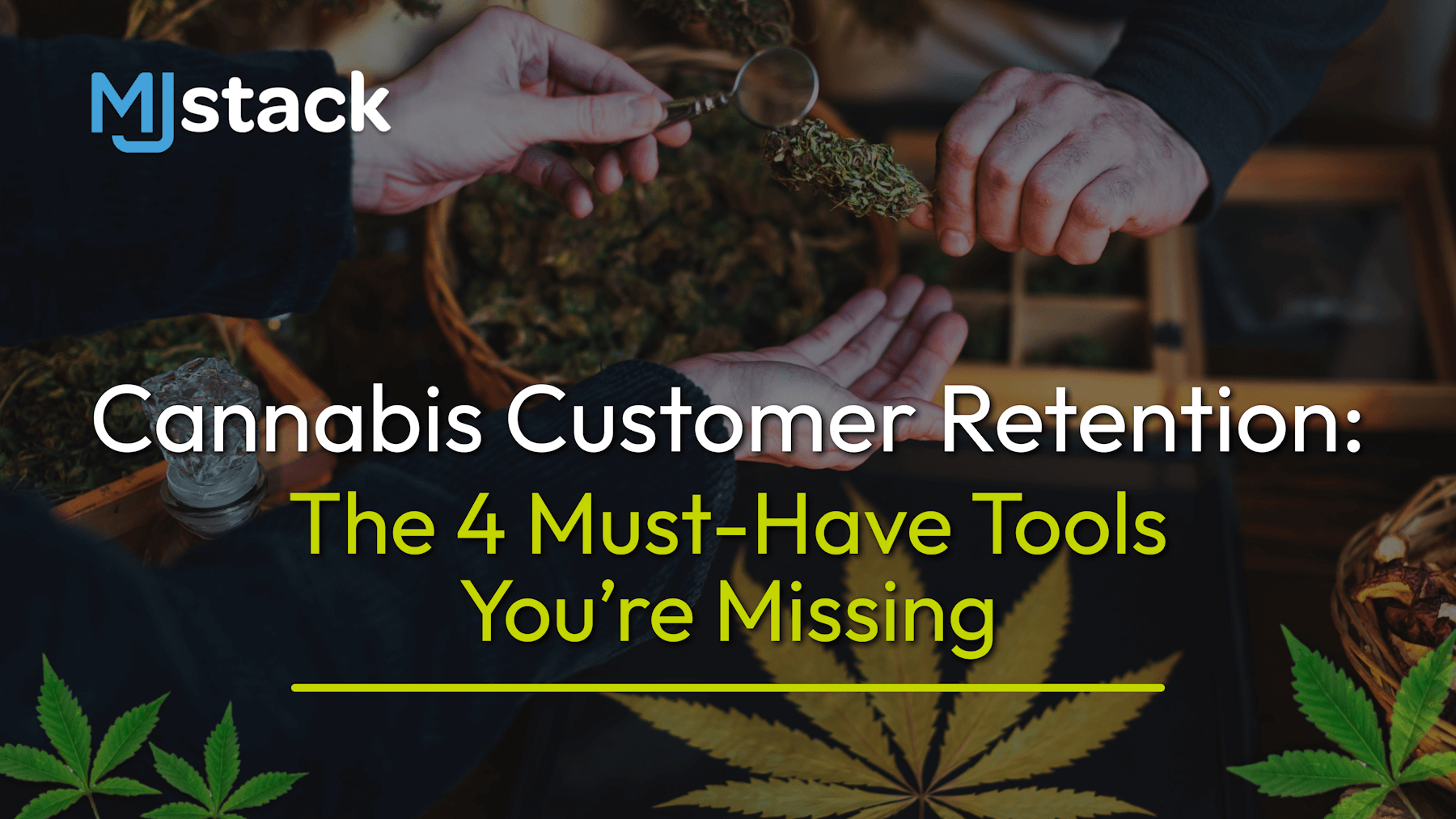In part one of our Oklahoma Metrc preparation blog series we talked about the importance of knowing label and tag requirements as well as how importing products into Metrc may change some of your existing processes.
In this blog, we’re going to cover the basics of what you need to consider as you prepare for reporting in Metrc, how to handle discrepancies appropriately and tips for getting your business ready for drop-in inspections.
Standardization is the name of the game with Metrc, and while it may feel frustrating at first to update your processes and operations to match new guidelines, it will also allow you to be more in control of your inventory and reporting as well as provide an opportunity for you to re-evaluate your cannabis tool stack.
Metrc requires you to send your inventory, staff and sales data on a regular basis. While we’re not yet sure if Metrc will require Oklahoma to push live daily reports or only daily reports, it’s important to be prepared for more frequent reporting methods.
Now you will likely have the option to input sales data directly into Metrc via the user interface or upload a CSV file on a regular basis. This allows you to keep a record of your daily, weekly and monthly sales as well as compliance reports.
However, if you choose a point of sale (POS) platform that has an open API with Metrc and can support both of these workflows, it will take the burden off you and your staff so you can focus on what matters most: serving your customers.
In fact, the right POS partner can truly make or break your cannabis business.
Terri Gilles, COO at Embarc, a California-based multi-location dispensary says, “Honestly, having a point of sale system that communicates with Metrc seamlessly is the most important part of a successful transition. You have to remember to check for errors in submissions, and if you can find POS system that flags those for you automatically, that’s a huge benefit.”
Discrepancies will happen, but the goal is to identify and resolve them as soon as possible to avoid more problems with reporting and inventory down the road.
Some of the most common inventory discrepancy issues that arise when using Metrc include: improperly processed returns, spoiled, expired or dropped products, selling the wrong version or flavor of a product, double scanning, product theft, and so on.
Some states require dispensaries to complete a full inventory Metrc audit (also referred to as counts) and submit reconciliations for any discrepancies at least once every 30 days.
Why is this a big deal? Because if the state determines you have a “significant discrepancy” based on your reporting, this could flag your license for an audit or financial penalties.
That’s why implementing a reliable inventory management tool and reporting process is one of the most important aspects of maintaining Metrc compliance. It’s also crucial for your success as a cannabis business.
For Gilles, Metrc has definitely made Embarc’s inventory controls tighter and her team more accountable.
Having a good inventory log or cannabis-specific tracking system can alleviate the stress of identifying discrepancies and other factors like when they happened, and who moved what and where.
There are many track-and-trace vendors that not only integrate with Metrc’s APIs but also provide full discrepancy reports so you have the information readily available when it matters most — like an audit.
Nobody likes surprises! Inspectors and investigators will likely show up at your recreational or medical dispensary and grow operation at some point. That’s why it’s better to be safe than sorry and implement all of these Metrc best practices from the start.
It’s also another reminder of why you want to keep your Metrc manifest up-to-date and ensure that all other Metrc data is current and accurate, including things like expired licenses, staffing information, updated security systems and discrepancies in your plant count and inventory.
“If the thought of creating and implementing METRC-compliant procedures is overwhelming, you’re not alone. Using a mobile-ready compliance and operations tool reduces stress and ensures employees always know what to do and when to do it” – says Dede Perkins, Co-Founder of ProCanna.
Keep all necessary documents and records on-site at your retail location to protect yourself from a penalty from the state. Compliance software like Simplifya can be a great resource to help protect you and your license from penalties or fines as well as help you stay up-to-date on the latest from OMMA.
While a Metrc transition may not be easy, you don’t have to do it alone. There are plenty of third party cannabis partners that can help you stay compliant.
But we know that it can be hard to find the right partners in a quickly evolving and saturated cannabis market. Let us connect you with the right technology partners that will best serve your business needs.
Schedule a free consultation with us today.
If you’d prefer to meet with us in person, contact us here and we’ll reach out ahead of time to get a meeting on the books.











